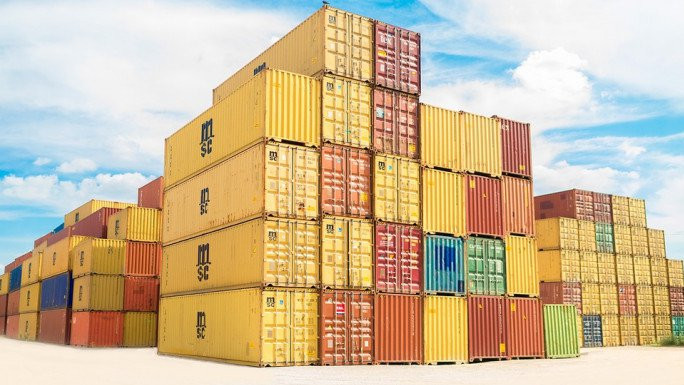Trade deficit stands at $4.55 billion in July-August
Date: 2022-10-05
News Type: Marketing News

Photo: Collected
The country's trade deficit sees a slow rise amid measures taken by the central bank to restrict the import of various daily necessities in a bid to keep the reserves stable.
In the July-August period of fiscal 2022-23, the trade deficit stood at $4.55 billion, an increase of 6.30% or $27 million compared to $4.28 billion in the same period last fiscal. The data was disclosed in the latest monthly balance of payments of the central bank published Sunday (2 October).
In the first month of FY 2022, the trade deficit increased by $73 million dollars to $2.08 billion, which is 35.09% compared to the previous fiscal year in July.
However, in the second month of August, it increased by only 6.30% to $2.47 billion. As such, it is seen that the country's trade deficit is gradually decreasing.
A $2.47 billion trade deficit prevailed from October to June of the last financial year.
The sector insiders said that the trade deficit increased significantly due to an abnormal increase in imports in the outgoing financial year.
However, since the beginning of this year, the amount of imports is decreasing due to which the amount of trade deficit is decreasing.
According to the central bank report, the export volume was almost 8% higher than the import volume in the two months of the current fiscal year.
During this period, Bangladesh imported goods worth $12.69 billion which was an increase of 17% year-on-year. But the exports stood at $8.13 billion during the same period which is an increase of 24% compared to the last year.
AB Mirza Azizul Islam, economist and former financial adviser to the caretaker government told The Business Standard that if the trade deficit continues to grow it will put pressure on reserves as the dollar earnings fall short of dollar payments.
He also noted that the country's reserves are at $36 billion, but still not an alarming situation as it can cover four months of import bills.
Emphasising the need for increasing remittances, Mirza Aziz said efforts should be made to explore new sources for remittance.
Referring to Malaysia's relaxation of manpower recruitment and South Korea's eagerness, he said efforts should also be made to send skilled workers to Middle East countries.
About 10 lakh people went abroad again in the outgoing financial year in the country.
Meanwhile, the country received a seventh-month low of $1.54 billion in remittances in September.
Imports started to slow down in July after the Bangladesh Bank tightened import policies to save foreign exchange reserves amid rising dollar prices.
Import in terms of LC (Letter of Credit) settlement dropped 20% in August from the previous month.
LC payments stood at $5.93 billion in August, a drop from $7.42 billion in the previous month, according to the latest report of the Bangladesh Bank.
According to central bank officials, the regulator is discouraging imports of all types of goods except essential items amid depleting foreign currency reserves.
Meanwhile, the trade deficit at the end of the outgoing 2021-22 fiscal year stood at $33.25 billion, which is the highest in the history of the country. At the same time, the deficit in the current account balance of foreign transactions also exceeded $18.5 billion.
More news